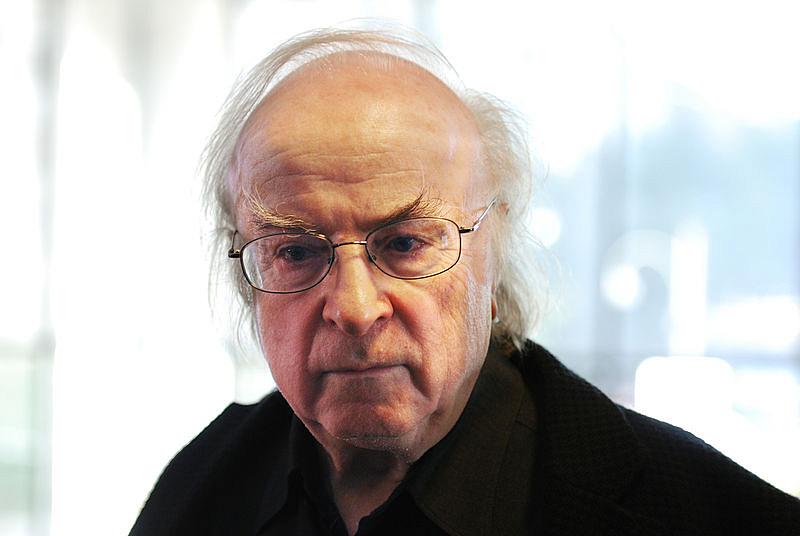Romanian writer wins grand prize of Guadalajara International Book Fair

Romanian writer Norman Manea, who was one of Romania’s proposals for the Nobel prize for literature in 2014, won the 2016 Literary Award of the Guadalajara International Book Fair (FIL) in Romance Languages.
Manea thus became the first Romanian author to be granted this distinction. He received the USD 150,000 award on November 26, during the opening ceremony of the 29th Guadalajara International Book Fair in Mexico, one of the biggest book fairs in the world.
“He is the author of an extensive body of work that cannot be defined by traditional literary genres,” said the judging panel, which took a unanimous decision to give the award to the Romanian writer.
A total of 54 candidates from 23 countries were nominated for this year’s award. The members of the judging panel were Alberto Manguel and Ottmar Ette representing Spanish literature, João Cezar de Castro Rocha and Jerónimo Pizarro representing Portuguese, Mercedes Monmany for Romanian, Louis Chevaillier for Italian, and Philipe Daros for French.
Norman Manea was born in Suceava, Romania, on July 19, 1936. His life and work were marked by childhood experiences in a concentration camp, his afterlife under the communist dictatorship, and exile.
Deported as a child to a concentration camp in Ukraine, he returned to Romania with the surviving members of his family in 1945. He went on to study in Bucharest and worked as a hydraulic engineer. His literary debut took place in 1966 in Povestea Vorbii, an avant-garde and influential magazine that appeared in the early years of cultural liberalization in communist Romania. By the time he was forced into exile (in 1986), Norman Manea had already published ten volumes of short fiction, essays, and novels.
Manea, who has received important Romanian, American and European cultural distinctions, currently lives in New York City. His work has been translated into more than 20 languages, and his books have been reviewed in the American, British, French, Romanian, Italian, Spanish, German press. Some of his most well-known works include The Hooligan’s Return (2003), Compulsory Happiness (1999), The Black Envelope (1986), On Clowns: The Dictator and the Artist (1997), The Fifth Impossibility (2012), The Trenchcoat (1990), and his collected stories in the volume Proust’s Tea (2010).
Norman Manea is the Laureate of the Romanian National Prize for Literature and is the first Romanian writer to be granted the American McArthur Fellowship, as well as the Italian international Nonino Prize, the French Medicis Etranger Prize, the German Nelly Sachs Prize, and the Spanish Palau Fabre Prize. Member of the Berlin Academy of Art and of the Royal Society of Literature in Great Britain, he was decorated by the French government with the title of Commandeur dans l'Ordre des Arts et des Lettres.
His writings depict the Holocaust, the daily life in a totalitarian communist state and his exile, while also focusing the lenses on the inner life of the individual.
Read more about him here.
Page turner: contemporary Romanian authors to read in translation
Irina Popescu, irina.popescu@romania-insider.com
(Photo source: Commons.wikimedia.org)












